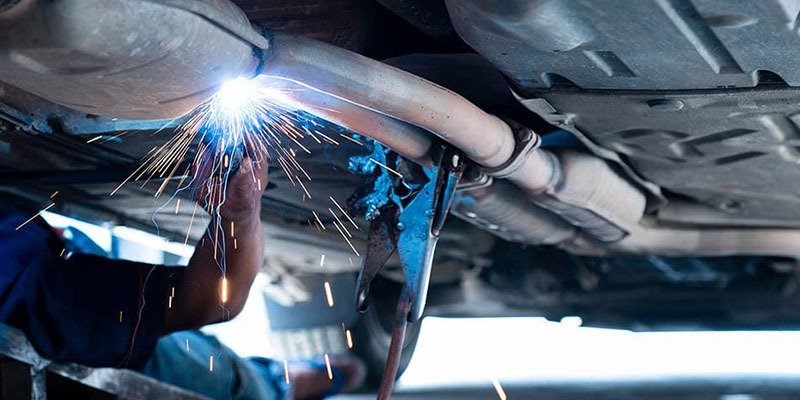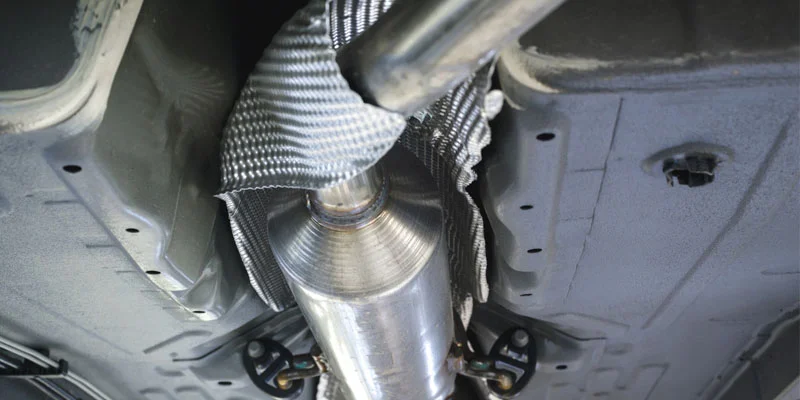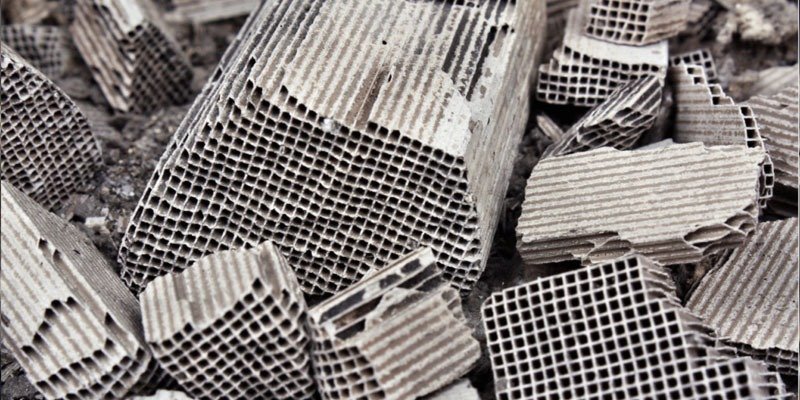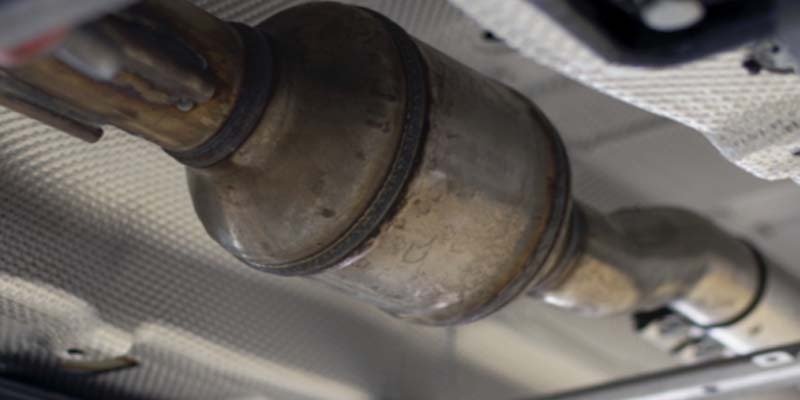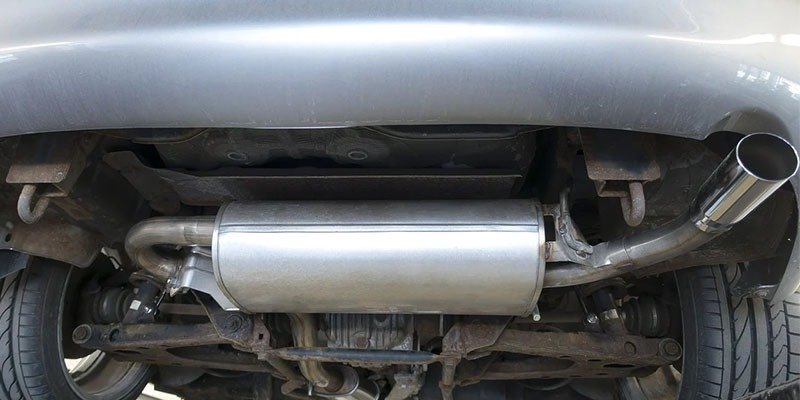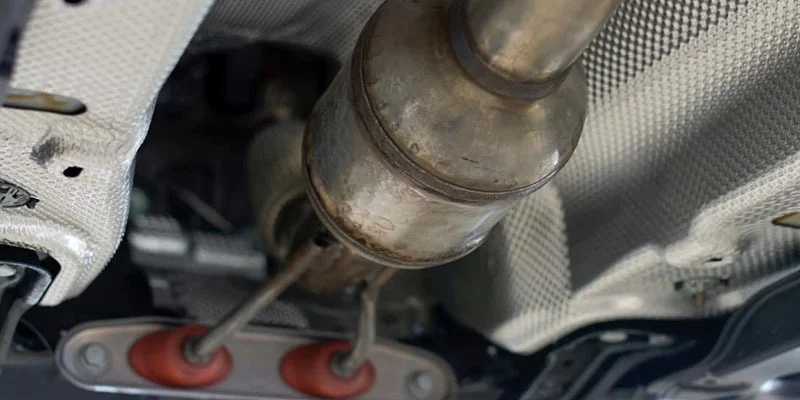If you are struggling with a faulty catalytic converter, the cost of acquiring the new one can be your major concern. After all, catalytic converters are costly affairs. But can I drive my vehicle without a catalytic converter? The answer is No! You should not. Hence, acquiring a new catalytic converter is essential.
Catalytic converters are important components in modern vehicle exhaust systems that help reduce emissions from combustion engines by converting toxic gases into less harmful substances, including oxygen, carbon dioxide, and water. They are essential for keeping your car running properly and road-legal.
But how much is a catalytic converter?
To answer this question, it’s important to understand the different types of catalytic converters available, what factors influence their cost, and how they impact your vehicle. In this article, we will explore these concepts in depth so you can get a reliable answer to your question.
Why are catalytic converters necessary and Differ from Fuel Catalysts?
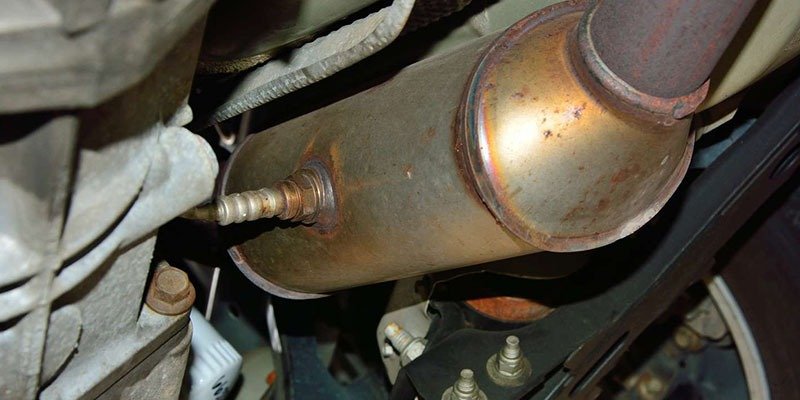
Catalytic converters are necessary because gasoline-powered vehicles help reduce the harmful pollutants released into the environment. This process is made possible by combining precious metals, such as platinum, palladium, and rhodium, which act as catalysts for the chemical reaction.
Catalytic converters differ from fuel catalysts as fuel catalysts are designed to improve combustion efficiency within an engine. Fuel catalysts work by breaking down large fuel molecules into smaller ones that can be more easily burned in the engine. This helps to increase power output while reducing emissions. However, fuel catalysts do not reduce emissions on their own; they must be used with a catalytic converter to achieve maximum emission redu30ction benefits.
Are Catalytic Converter expensive?
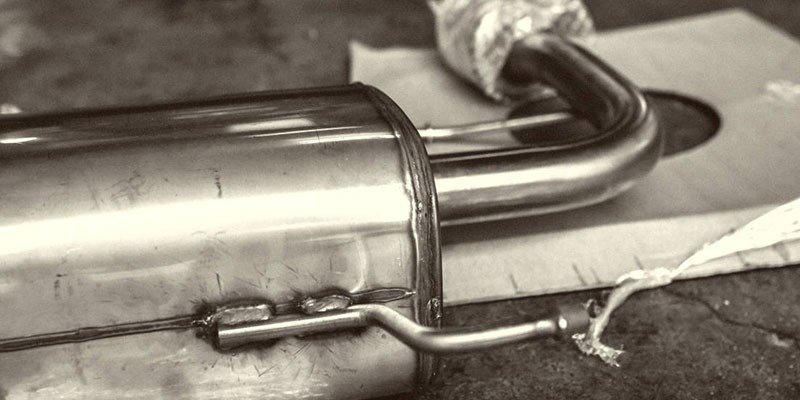
Yes, Catalytic converters are expensive as they are made up of expensive materials such as platinum, palladium, and rhodium. These metals are rare and highly resistant to corrosion and heat, making them ideal for use in the harsh environment of a vehicle’s exhaust system. Additionally, the catalytic converter’s design must be precise to ensure maximum efficiency of the chemical reaction taking place inside it. All these factors contribute to why catalytic converters can be so expensive to replace or repair.
Key Factors Affecting the Price of Catalytic Converters
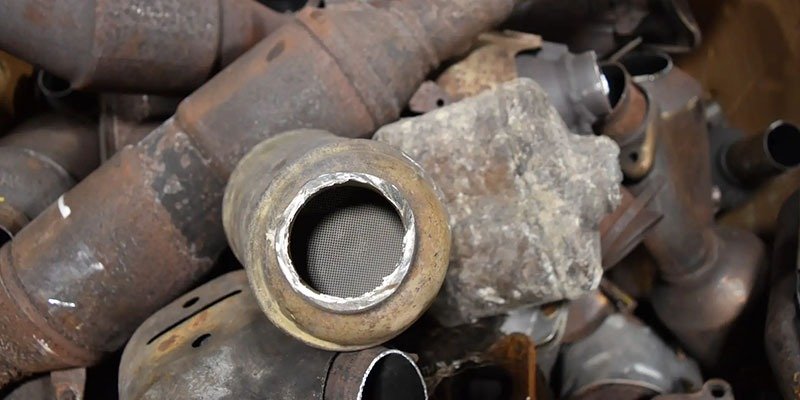
The price of catalytic converters is affected by a variety of factors, including
- The car’s brand and model,
- Whether it is an original or aftermarket part, and
- The type of engine.
Cars from certain brands may fetch catalytic converters at a higher price due to the different compositions of precious metals present in them. Original parts are worth more than aftermarket ones, installed fresh out of the factory.
Hybrid cars also have higher amounts of precious metals in their catalytic converters, making them more valuable. The market price for precious metals is also a key factor in determining the value of catalytic converters; these components contain recyclable precious metals that can be extracted and sold for profit.
Overall, when considering the purchase or sale of a catalytic converter, it is important to consider all these factors to ensure you get the best possible deal. Knowing what kind of car you have and its engine type can help you determine how much your catalytic converter will cost.
Types of Catalytic Converters
1. Direct Fit Catalytic Converter
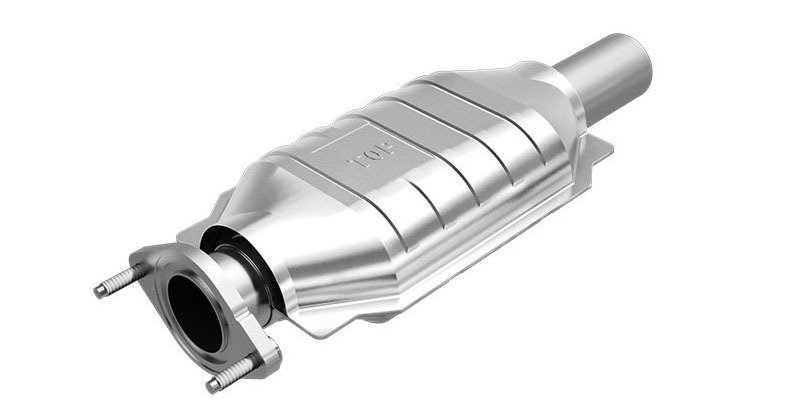
A direct-fit catalytic converter is a device designed to fit directly into a vehicle’s exhaust system. It has fittings on each end of the device that allow it to be bolted or fitted directly into the vehicle without requiring any exhaust fabrication such as cutting, welding, or articulation.
This makes installation much easier and can be done with basic hand tools. The pricing for a Direct Fit catalytic converter starts from $300 and can go up to $1500, depending on the model.
Here are some of the recommended direct-fit catalytic converters:
S.No | Direct Fit Catalytic Converter | Price (On Amazon) |
1. | Walker Exhaust CalCat Carb 82997 | $ 1003 |
| 2. | Walker Exhaust Ultra EPA 15823 | $ 294 |
| 3. | MagnaFlow 93419 | $ 742 |
Direct-fit converters are designed to exact specifications for each year/make/model of vehicle, making them more expensive than universal converters. However, this also means they are more effective at reducing emissions and improving fuel efficiency than universal converters.
Additionally, because they are designed for specific vehicles, they tend to last longer and require less maintenance than universal converters.
2. Universal Catalytic Converter
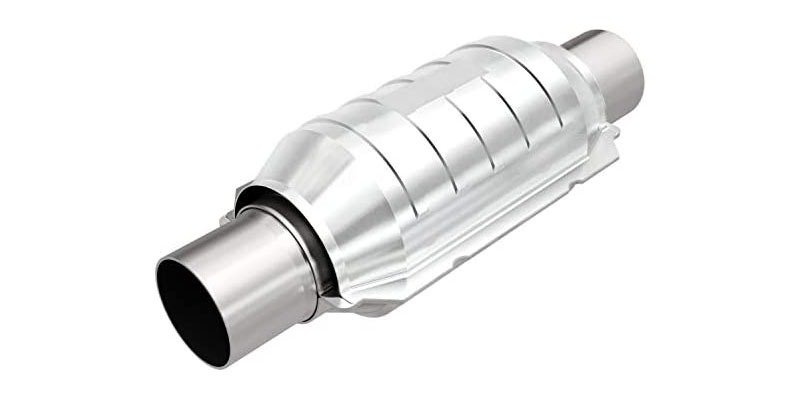
A universal catalytic converter is an aftermarket device designed to reduce the number of harmful emissions released into the atmosphere. It converts pollutants such as carbon monoxide, hydrocarbons, and nitrogen oxides into less harmful compounds.
This type of converter can be installed in almost any vehicle, provided that the diameters of the inlet and outlet tubes are the same on both the converter and the exhaust system. Additionally, it must be the correct converter for the particular vehicle and state it will be registered.
S.No | Model | Price (On Amazon) |
| 1. | Walker Exhaust CalCat Carb 80904 | $ 409 |
2. | FOMIUZY 2.25 Inch | $ 80 |
3. | MagnaFlow 334016 – Stainless Steel 2.5 | $ 231 |
Universal catalytic converters are a great option for those who want to reduce their vehicle’s emissions without replacing their exhaust system. They are also relatively inexpensive compared to other converters, making them a cost-effective solution for many drivers.
Furthermore, they are easy to install and require minimal maintenance once they have been installed. However, it is important to note that universal catalytic converters may provide less protection against emissions than more expensive models.
3. Manifold Catalytic Converter
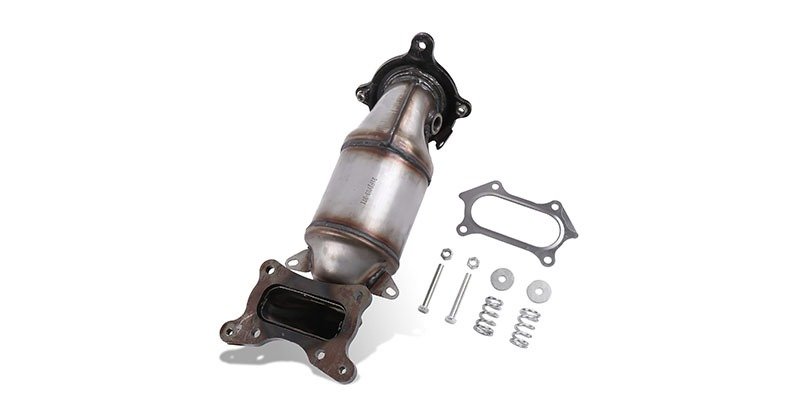
A manifold catalytic converter is a type of exhaust system component designed to reduce the number of harmful emissions released into the atmosphere. It converts toxic gases such as carbon monoxide and hydrocarbons into less harmful substances like carbon dioxide and water vapor.
It was developed by Hyundai Motor Company (HMC) but is not suitable for high-performance engines due to its inability to withstand with engine’s exhaust temperature.
Unlike direct-fit converters bolted directly into a vehicle’s exhaust line, manifold catalytic converters are integrated into a vehicle’s exhaust manifold. This component collects exhaust gases from multiple cylinders into a single pipe, reducing emissions more efficiently.
S.No | Model | Price (On Amazon) |
1 | Walker Exhaust CalCat Carb 82450 | $ 557 |
2 | Dorman 674-089 Driver Side | $ 650 |
3 | MagnaFlow Manifold 452096 | $ 627 |
Manifold catalytic converters are typically more expensive than direct-fit or universal converters due to their specialized design and fitment for specific vehicle models.
In terms of installation, this type of converter requires the entire exhaust manifold to be removed and replaced for it to function properly. This can be quite costly and time-consuming, but it is necessary to ensure that your car meets all applicable emission standards.
Additionally, regular maintenance should be performed on your converter to keep it functioning properly over time.
4. CARB Compliant Catalytic Converter
The CARB Compliant Catalytic Converter is an aftermarket catalytic converter that must meet the low-emission vehicle (LEV) standards set by the California Air Resources Board (CARB). This law applies to all vehicles registered and operated in California by the model year 2009.
This law aims to reduce air pollution from vehicles and ensure that they operate at an acceptable level.
CARB has become well known for providing innovative approaches to complying with air pollution rules and regulations, and many other states have adopted their standards. The CARB Compliant Catalytic Converter is designed to reduce vehicle emissions while still allowing them to operate efficiently.
It works by converting harmful pollutants into less harmful ones before they are released into the atmosphere. It helps keep our air clean and safe for everyone to breathe.
Types of Catalyst Converters
Here are the three different types of Catalyst converters:
1. Oxidation Catalyst (OC)
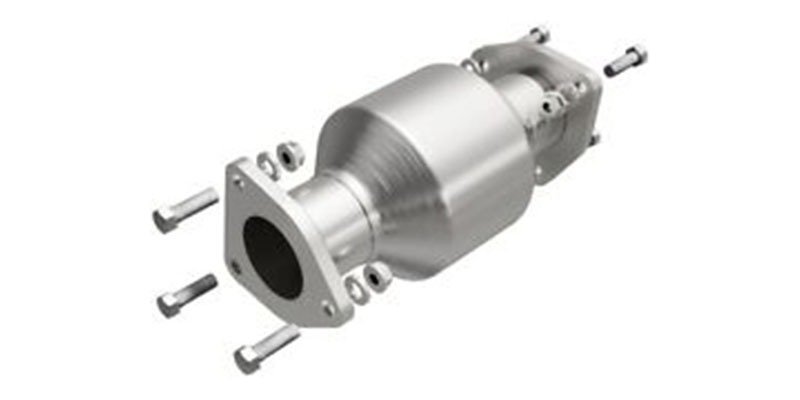
Oxidation catalysts (OC) are an important part of a catalytic converter for oxidation (CCO). These catalysts help to reduce the number of harmful pollutants in exhaust gases by promoting the oxidation reaction of carbon monoxide (CO) and hydrocarbons (HC) into carbon dioxide (CO2) and water (H2O). For this oxidation process to run efficiently, the exhaust manifold must have a sufficient supply of pure air. The exhaust gas must be recirculated through an EGR system to reduce NOx emissions.
2. Three-Way Catalyst
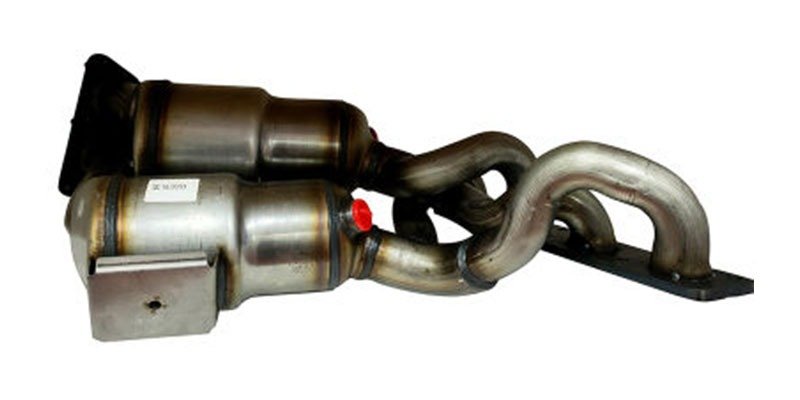
The Three-Way Catalyst (TWC) is the ideal type of catalytic converter available. It works by converting Carbon Monoxide (CO), Hydrocarbons (HC), and Nitrogen Oxides (NOx) into non-polluting substances. The process involves two components: oxidation and burning. The NO and O2 processes act as components that cause burning, while CO and HC, as burning components, will react to form CO2, H2O, and N2. This process is highly efficient in reducing vehicle emissions, making it a popular choice for many car manufacturers.
3. Three-Way Catalyst & Oxidation
The Three-Way Catalyst and Oxidation Catalyst (TWC-OC) is a type of catalytic converter that combines the benefits of both an oxidation catalyst and a three-way catalyst. This combination allows for an even more efficient reduction of air pollution than either one alone.
The oxidation catalyst reduces emissions by oxidizing pollutants such as hydrocarbons, carbon monoxide, and nitrogen oxides into less harmful compounds. The three-way catalyst further reduces these compounds by converting them into harmless gases such as carbon dioxide and water vapor.
Conclusion
Catalytic converters are integral to your car’s exhaust system, making your vehicle environment-friendly. By reducing air-borne pollutants, cat-cons are highly effective in turning down 90% of harmful emissions into less harmful gasses. A car can run without a catalytic converter, which attracts a legal penalty. Hence, running your car without a catalytic converter is out of the question.

My Name is Christopher Angels, and I am a postgraduate in mechanical engineering. Cars have always excited me as a child, and soon I decided to dive into the world of cars by pursuing mechanical engineering. I also worked as a Mechanic for over 3 years to understand Cars’ anatomy and how each part contributes to its working.
My Name is Christopher Angels, and I am a postgraduate in mechanical engineering. Cars have always excited me as a child, and soon I decided to dive into the world of cars by pursuing mechanical engineering. I also worked as a Mechanic for over 3 years to understand Cars' anatomy and how each part contributes to its working.

